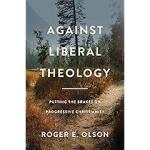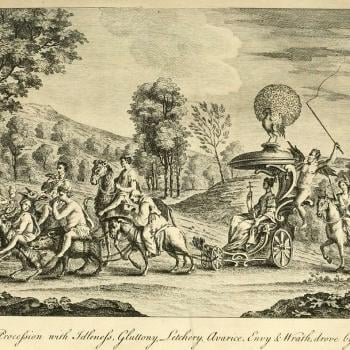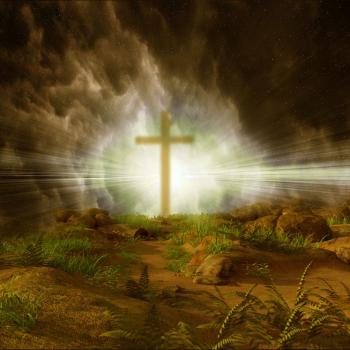Editors' Note: This article is part of a Public Square conversation on Civil Religion. Read other perspectives here.
These days, it's easy to conclude that America is losing its civil religion. We are indeed suffering through a time when much religious expression in America is anything but "civil." But civil religion is not about being "civil" in the sense of being polite: it's about how a democracy can promote the robust expression of high ethical values in public life without the imposition of particular religious beliefs and practices. It's this precious inheritance that is most at risk today.
For most of its history, America has carefully protected itself from religious zealots and religious extremism in politics. We have a good record in this regard. For example, American voters have been wary about how the personal religion of any presidential candidate might affect the nation. We recall that John Kennedy was elected president in spite of widespread concern during the presidential campaign of 1960 that Kennedy's Catholic faith might bring Vatican influence into governmental affairs. It didn't happen. And it didn't happen in part because when Kennedy invoked religious concepts, those concepts were not Catholic and they weren't even specifically Christian. They were universally-accepted themes and ideals.
Kennedy used the language of civil religion. He wasn't alone. Washington did it, as did Adams, Jefferson, Madison, Lincoln, and both Roosevelts. It was Lincoln who said in his 1838 Lyceum speech that the Constitution and laws of the United States ought to become the 'political religions' of each American. Lincoln understood that the Constitution, as the centerpiece of what historian Pauline Maier calls "American Scripture," is brimming with wisdom on how the rights of individuals are to be protected and how freedom, equality, and justice comprise the birthright of every American, including the non-citizens who reside here.
American civil religion supplies the only "religion" we can actually expect every American to honor—believers and nonbelievers alike. I am using "religion" here to mean the observance and practice of universal principles and rituals that draw people together and make democracy possible.
Here are some of the core tenets of civil religion that have been present in America right from the beginning, albeit tenets that have been contested in different historical contexts:
- the fundamental and non-negotiable equality of each human being;
- the sacred nature of the right to vote and to hold one's government accountable in a government that is of the people, by the people, and for the people;
- the principle of reciprocity—the idea that good government helps foster shared prosperity when everyone contributes to the common good;
- freedom of conscience, freedom of religion, freedom of association, and freedom of expression.
As I write, Melissa Harris-Perry is using a segment of her Sunday morning show to talk with a variety of guests about the place in American life for the memorials that commemorate the profound sacrifices and suffering that fellow citizens have endured: the Tomb of the Unknowns, the Vietnam Memorial Wall, the memorial at Columbine, the 9/11 Memorial, and the process underway to mark the tragedy at Sandy Hook Elementary School.
It is civil religion that provides Americans with a shared way of grieving the tragedies that befall us. Each of us naturally draws upon our individual religious faith at horrific moments in the life of our nation. Yet by standing in reverence and solidarity with victims and their loved ones, we embrace all our sisters and brothers and pay tribute to the democracy we say we love.
We need to defend non-sectarian civil religion today because there are many who insist, absent any valid historical evidence, that we are a "Christian" nation and that the founders of the country intended it to be that way. We also have to defend it because of the aggressive push by powerful sectarian forces to expand "religious liberty" exemptions in the delivery and implementation of taxpayer-funded services. Religiously-affiliated hospitals and schools should be told in no uncertain terms that if they object to providing services in a manner that does not discriminate against women or sexual minorities, they should not then expect or demand taxpayer funding. They do not have the "liberty" to violate our civil rights laws on the taxpayers' dime.
Especially today, we urgently need a civil religion that makes room for all Americans, regardless of race, creed, disability, gender, or sexual orientation.
Let's be clear: Because we are the humans we are, our abiding temptation is to impose our most cherished "faith" agendas on everyone around us. Our forebears knew this, and they took deliberate and far-seeing steps to protect us from ourselves and ensure that we remain "one nation, indivisible." The noble civil religion that we inherit retains the capacity to draw forth the best that we know and the best that we are, regardless of our individual allegiances.
10/29/2013 4:00:00 AM




